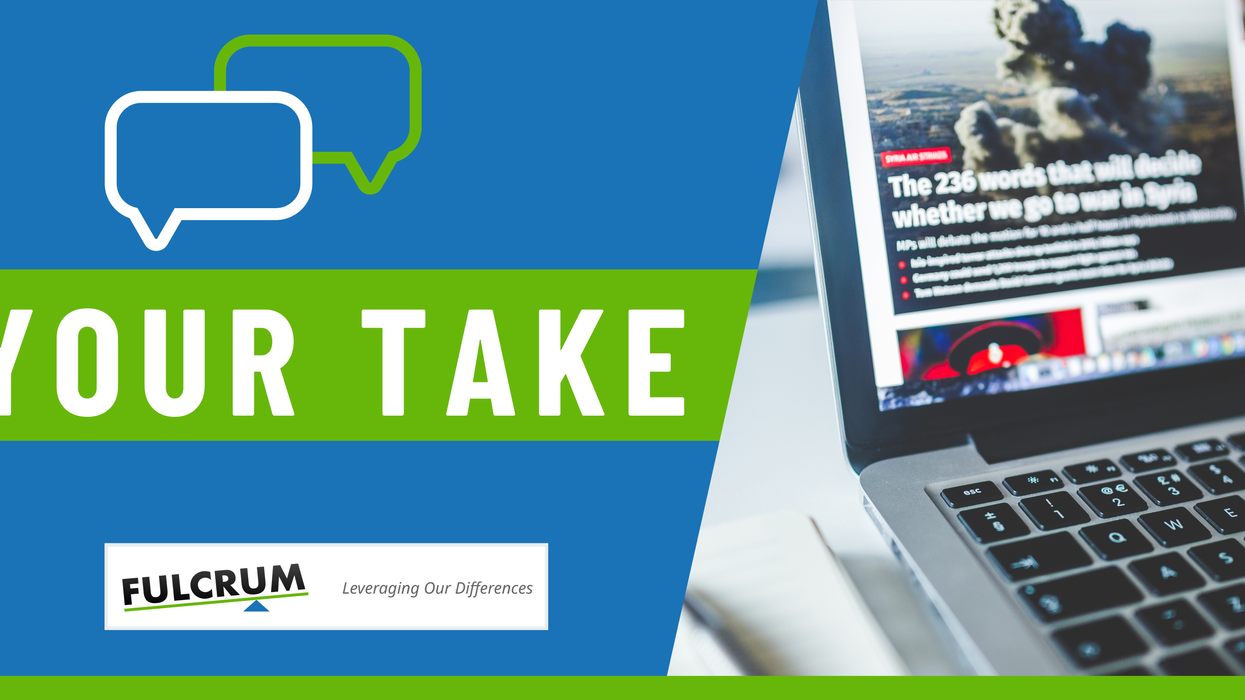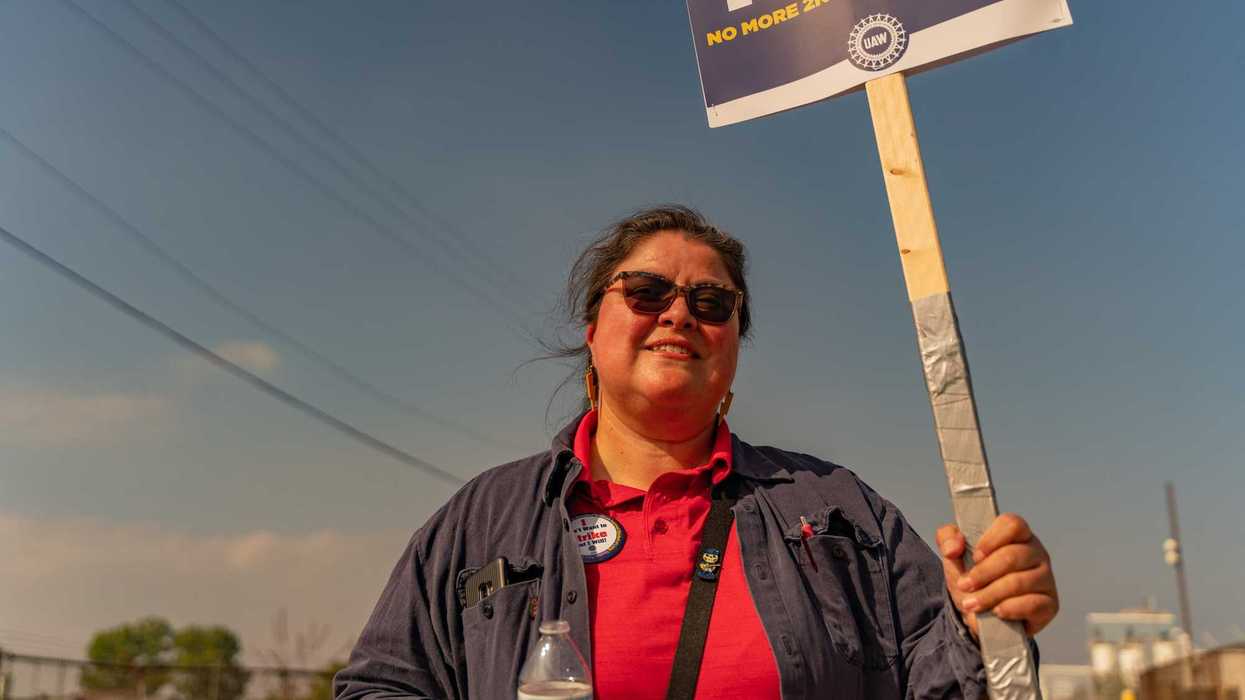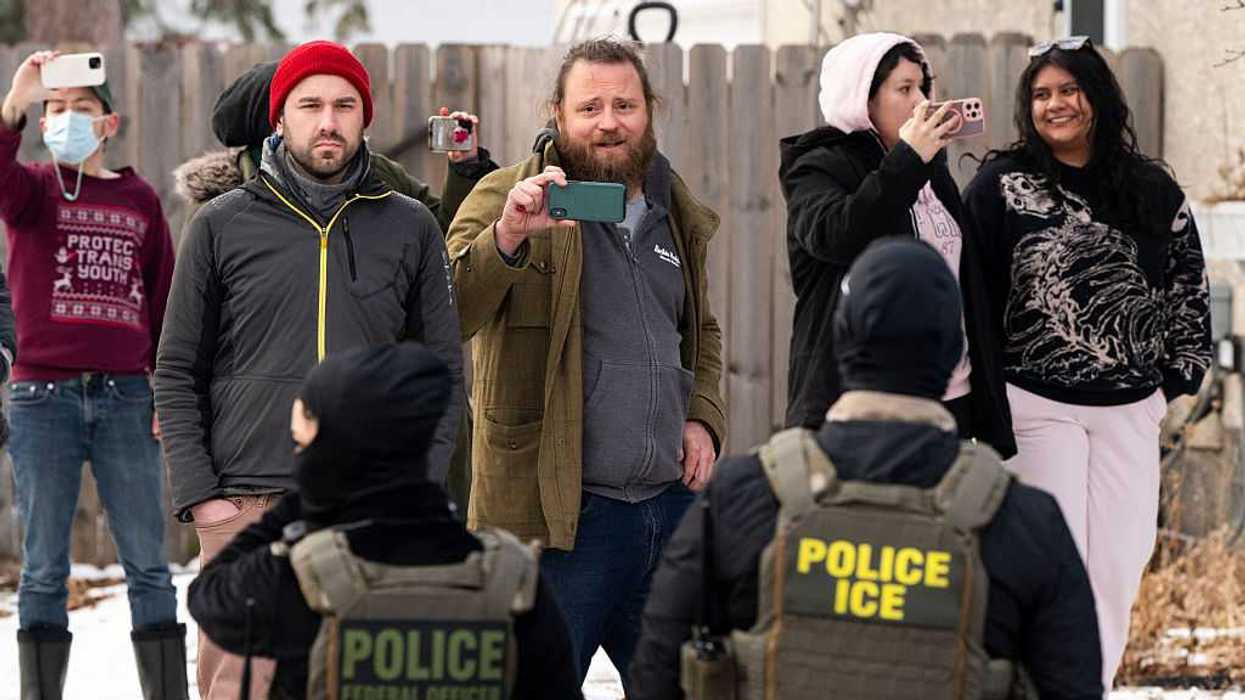Ukraine continues to dominate news coverage with multiple streams of information in play, influencing our beliefs and actions. This week, we asked:
Given the nexus of events surrounding oil, higher gas prices, advancing green energy, taking a stand against Russia to help protect democracy across the globe, etc., what is your willingness to absorb higher gas prices or sacrifice by changing your personal habits?
Most respondents indicated a willingness to change their behavior and saw such changes as supportive of democratic rule, generally. Many noted personal circumstances that allowed them to more easily do so. But not everyone. As expected, we have many opinions about this topic. A sample of responses is below, edited for length and clarity.
I have NO problem with higher gas prices. Bring it on — especially if it encourages Americans to think about and decrease their energy consumption and shift to public transit (and advocate for improvements in public transit if they don't have or like it). I'm sympathetic to low-income Americans who have no alternatives to driving as a result of poor public transit systems where they live and work. Subsidize them if necessary, but don't cut gas taxes. ~Deborah Brodheim
I am more than willing to pay more, wait in lines and change related personal habits in order to support efforts to get Vladimir Putin to reconsider his Ukraine invasion. I realize (and am grateful) to be in a position to do this without dramatically altering my life and daily routine while others may not be. In other words, “easy for me to say.” But I do feel strongly that, short of starting a war between the U.S. and Russia, all must be done to drive Putin to stop this aggression. ~Bruce Bond
Personally, I am prepared to make considerable sacrifice in terms of price increases for food, fuel and beyond. The reason is simple: Liberty is a delicate gift and protecting it and the democratic forms of government that aspire to providing it is essential even to the point of funding safety, medical care and education, which are essential to the restoration and actualization of a human life. The reason I take this position is because we are currently facing the misunderstanding in our own social system that freedom is about individual rights without consideration for assuming social responsibilities. In other words the preservation of Ukrainian independence and responsible shelter for Ukrainian refugees is critical because in another time and another place we could be “them.” In fact, in another time many of our ancestors were “them.” ~Craig Lindell
I am a zero-waste cyclist who composts. But I’m willing to sacrifice nothing for Ukraine. This is a false choice — our sacrifice will do nothing to help the Ukrainian people. We could and should end this now by stating NATO will not accept Ukraine. That was true before Russia invaded, and there isn’t going to be much Ukraine left anyway if this continues further. ~Lisa C
Whatever it takes. It is the right thing to do. The Purpose of Life:
- To make the world a better place to live.
- To make your life and the lives of those around you more enjoyable.
~Ray A. Curtis
Yes I am willing to accept higher gas prices if they will actually impact the Ukrainian war in a manner that weakens Russian abilities to conduct the war. This is easy for me as I am retired, drive a car that gets 26/42 MPG and live within a couple of miles of most of the places I need to go to. However, I know people who drive pickup trucks and commute 100 miles or more a day. For these folks this will be an economic hardship. ~Bruce Jewell
Not willing to sacrifice anything. We have no business being involved in this war. If our leaders would act for the benefit of our country we would be completely energy independent, produce all we need here and not have to lose our people in foreign wars. ~Arthur Schleinkofer
Pay those higher prices at the pump. I don't mind feeling the sting. It's minor compared to living in fear in a basement with your children and little to no food, no water, and no light, while your husbands, sons and brothers (and in some cases wives, daughters and sisters) fight to maintain a fragile democracy, to retain freedom of thought and expression. It's the least we can do. ~David Soubly
I will sacrifice whatever it takes to end war and strengthen democracy worldwide. Our grandchildren are of draft age. Given all the privileges my generation has taken for granted for decades, it is long past our turn to step up and work for democracy, peace and the environment. We owe it to our ancestors and our heirs. ~Ellen Chaffee
I have previously done virtually all I can to reduce my use of gasoline and minimize the effects of fluctuations in the price of gasoline. As for the current situation with Russia, I support the effort to maintain Ukraine's national integrity any way I can. ~Niel Leon
I am all in! Quite ready, quite willing, and quite able to absorb all it takes to help Ukraine! ~”Gator” Jack Schuler




















Why does the Trump family always get a pass?